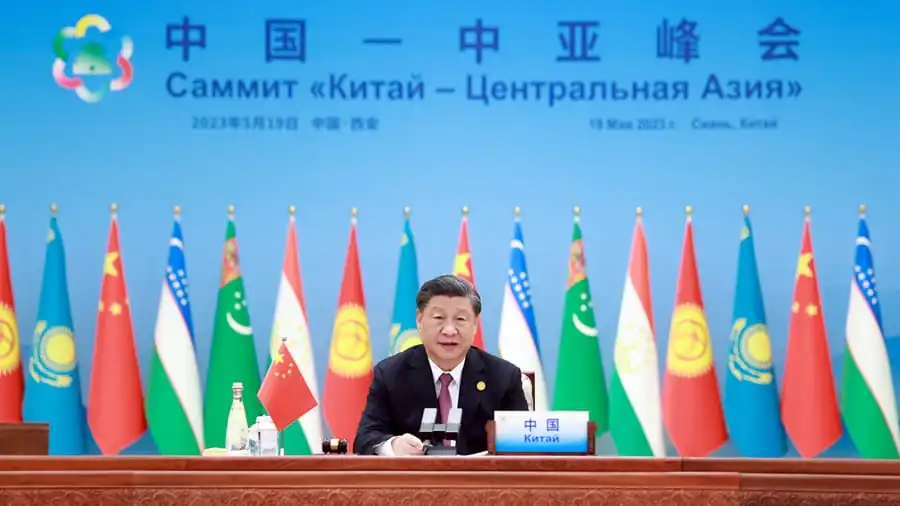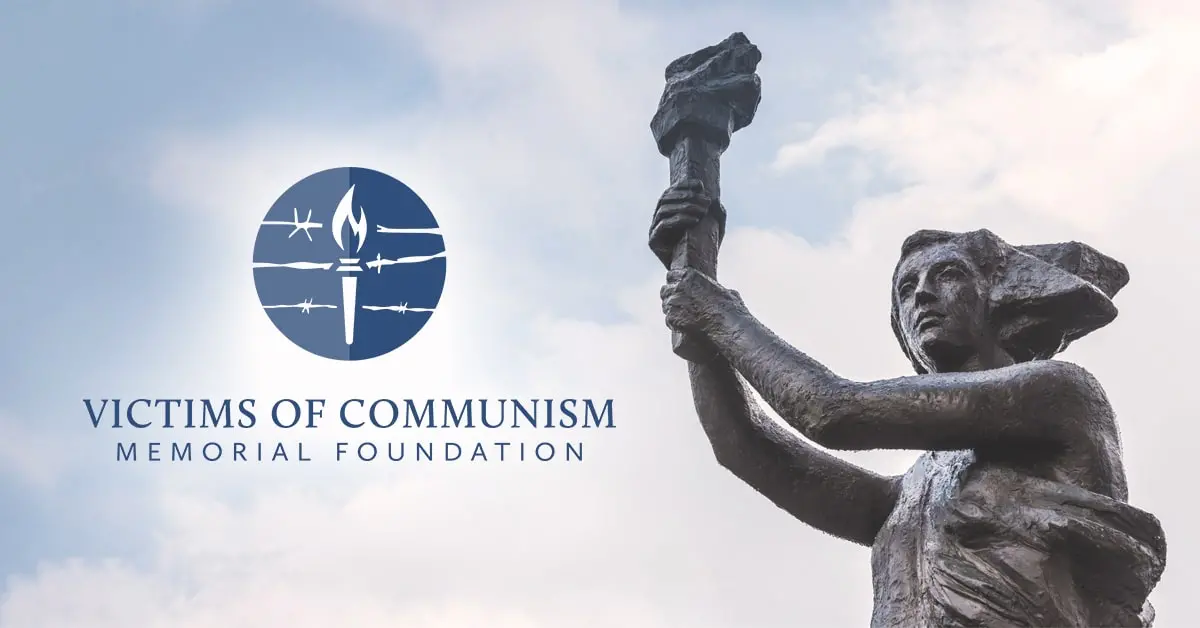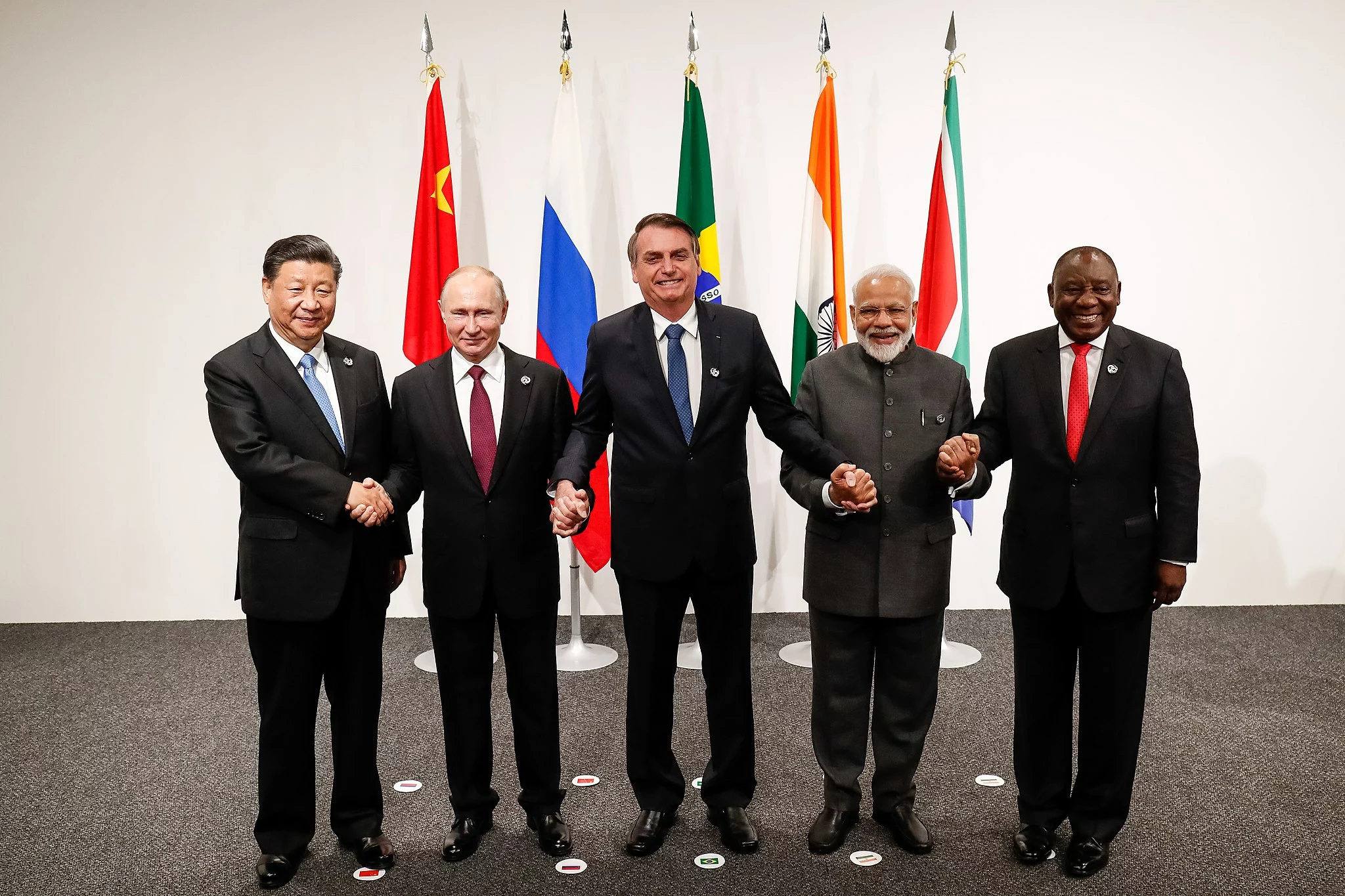Once, like many cosmopolitan intellectuals, I made the mistake of distancing myself from Nature, believing what mattered most was only ideas, books, and meeting up with others of my like mind -- certain I had the answers regarding the force of violence in the resistance against the imperialist forces which emerge out of the bowels of capitalism. With this ignorance at my disposal, which I cultivated over the years in the most neurotic ways, I had eventually forgotten what it was like to wander through woods or forests, even climbing a mountain to comprehend it was Nature that could complete my education in understanding the more subtle aspects of armed struggle in the political sense of the word.
When I ran along country roads in Kansas, later in Vermont, or ran daily on Les Plaines d’ Abraham in Quebec City during the first year of the plague, or even during my very early morning runs along the Seine in Paris, I admit I was numb to the trees, the various plants born out of sunlight and earth; neither did I actually observe the hundreds of birds nor the various small animals I encountered along my runs during the Spring, Summer, Autumn and Winter I was blinded by not caring to see, perhaps not even wanting to see, because of my inflated modernism how I perceived technology to be the supreme example of how one could live in harmony with an abstract view of Nature.
Not until during the Vietnam War, known to the Vietnamese as the American War, did I subconsciously begin to perceive how men and women could use Nature to their advantage in waging war against the oppressor. I read and saw films and videos of men and women living in mountain caves, in underground shelters carved out of the earth by hard manual labor; I was astounded how they, the Vietnamese The People's Army of Vietnam (PAVN; Vietnamese: Quân đội Nhân dân Việt Nam), also known as the Vietnamese People's Army (VPA), endured like Viet Cong the most miserable conditions among the dense foliage and rapacious animal predators in the jungles of their own country. Later, when pursuing my graduate studies, I read how the Soviet Partisans endured deprivation in the forests of Russia and the Ukraine, being creative in the way they utilized the various components of Nature like the rivers, mountains and deep ranges of forests to their advantage. Then, like an epiphany in old age it struck me that Nature was the school of understanding --the Nature of harmony and violence in all its subtle aspects.
War is a mirror of Nature. The various weaponry and the men and women who utilize the weapons are in themselves integrated with the complicated forces of Nature in all its most subtle aspects. Whether the battlefield is on the earth’s ground, under the seas with nuclear submarines and the most advance oceanic weaponry, or in the skies with the latest fighter jets, bombers, drones and satellite killers, the friction of war and the ability to overcome an adversary will go to that military force that does not go against the forces of Nature, but instead utilizes the various weather conditions, topography and camouflage that Nature has to offer us. Maskirovka is also a part of the essence of Nature, whether that deception be on the battlefield, in intelligence gathering or even utilized in a personal way.
There are mistakes to be made in romanticizing Nature and what it has to offer and what it has to offer to kill you. Henry David Thoreau in his youth romanticized Nature, thinking one in an eccentric way could live alone within the confines of Nature with all its sublime beauty. Such a vision appears in In his essay Concord River: Why should not our whole life and its scenery be actually thus fair and distinct? All our lives want a suitable background. They should at least, like the life of the anchorite, be as impressive to behold as objects in the desert, a broken shaft or crumbling mound against a limitless horizon. Character always secures thus advantage, and is thus distinct and unrelated to near or trivial objects, whether things or persons.
It is after the courageous insurrection by John Brown, in which his small but committed army struck at Harpers Ferry in support of the abolition of slavery in the United States, that Thoreau realized and matured as a man and intellectual to the harsh reality that if you want “a suitable background” in life, you have to fight for it, since it is not given to you. Thus, Thoreau was able to understand how Resistance does not always come through a passive or even a contradictory form of non-violent action, while the most formidable Resistance against a political oppressor is required, which is when “Character always secure thus advantage” and dispenses with the most decadent and meaningless objects around us whether they be technological toys to distract us as to why we live, and to also rid ourselves of the abusive and most insidious riff-raff of humanity.

Nature consists of land, generating the seeds of bread, and with the violent struggle to maintain a defense against the invader that is part of the human condition, embedded with the very soil and other forms of Nature which sustain a people. “Land, Bread and Peace” which was coined brilliantly by Lenin is within the dialectical base of Nature, and is not won except by political agitation and militant Resistance. Even the modern Italian Marxist intellectual Domenico Losurdo knew this -- embodied by the very contradictory views of Thoreau who on one hand advocated non-violence within the bounds of Nature which always exhibits some form of violence not only with weather behavior but among all the various animal kingdoms that inhabit plains, mountains, forests, swamps and the arid deserts across the various continents. The American New Englander who could write so brilliantly, but perhaps too lushly for my personal taste regarding the various trees, birds and plants he encountered among his canoe trips up and down the various New England rivers, could also swing words like an axe upon paper with great force. And so, Losurdo would write about Thoreau’s violent standards:More measured, perhaps, was Henry David Thoreau, who distinguished himself from the bulk of the pacifist movement, assumed secular accents and was inclined to a pagan cult of Nature. At the time of the Mexico’s invasion by the United States, Thoreau had likewise called for resistance to war and slavery. One could not remain passive: “when the sixth of the population of a nation has undertaken to be thew refuge of liberty and slaves, and a wholenation unjustly overrun and conquered by a foreign army, and subjected to military law, I think that is not too soon for honest men to rebel and revolutionize”.
However, as the great Italian Marxist theoretician points out, Thoreau did not have the strength to evoke “armed rebellion’ but only a militant form of civil disobedience which has its severe limitations and can acquire a form of imminent class, social and political contradictions. The rules of Nature are otherwise, as the teachings of Nature can be, harsh and a failure to understand her boundaries within the arch of living in an environment both “fair and distinct” can bring one to ruin— if you are a poor farmer or olive grove grower living among nation-states like India, Bangladesh, Peru, Brazil, the various Central American countries and Mexico; and also the Third World nations of the Middle East including such countries as Lebanon, Iran, Syria, not to mention the colonized lands of Gaza and the West Bank.
There, among the fields of these various countries, you will not always find the modern farming vehicles and modernized irrigation technology. But if you look up, you may find dry skies that bring no rain to these lands as well. Finally, the catastrophe of climate change has and will for centuries to come affect another way we understand the many faces of Nature, not only regarding the creation of grains and vegetable produce, but also how we must adapt to waging war.

Regarding not only Nature, Resistance and War, there will always be a vigilant knowledge that there are those who despise an unromantic concept of Nature and would instead have Nature tied to the dangerous and backward philosophy of a kind of myopic spiritualism. The Ancient Greeks and Romans were not always profound in their understanding of the complexity of the ways of Nature, except perhaps to some extent the ancient Stoics like Epictetus and the Roman poet, Lucretius. Epictetus reveals there is a price to pay if we do not understand the violence of Nature as well abiding by its laws: “We must do what follows from Nature," he exhorts. "If in every matter and circumstance we intend to observe what is in accordance with Nature, then it is clear that in everything we should make it our goal not to avoid what follows from Nature nor to accept what is in conflict with Nature.”
This would suggest in the realm of Nature, there are the laws of rational resistance as well as clues or subtle laws about violence which can lead to a better understanding of the nature of war, in other words there are strategies and tactics that are prudent and not adventurous which is important to acknowledge during war and revolutions. I am not referring to Nature as having a consciousness like that of humanity, but as something akin to motion within matter that Hobbes suggested while denying a so-called Laws of Nature, as advocated for instance by René Descartes had presented his own account of matter in motion. Descartes committed himself to the idea of the laws of nature which play a central causal-explanatory role. My own interpretation of the Laws of Nature would be somewhere between the two schools of thought of Hobbes and Descartes. I would say that the Laws of Nature can be understood and be a part of the sphere of civil society through an adherence of observation of actual natural laws and embedding them within the creativity of human communities. I do not, like Descartes, believe that a God created the Laws of Nature, but instead take a view that Hobbes noted in his own ideas of a scientific study of matter in motion, although he refrained from using the idea of “laws of nature”. Therefore my idea of “rational resistance” I mean to convey one can find creative resources by observing nature which makes it more possible to be audacious in creating strategies and tactics in the creation of a doctrine for war, and war also being a part of political resistance to an invader or perceived enemy. Lucretius saw the great Roman poet, created the brilliant work De rerum natura known in English On the Nature of Things, a broad account in poetic form of being and nothingness, matter and space, the atoms and their movement, the infinity of the universe in time and space, and thus he gave the world civilizations a factual understanding of all that constitutes matter-- what Frederick Engels would refer to as materialism.
To go beyond the enjoyment and even the fear of Nature, we have the even deeper benefit of understanding why we have not only human beings on this earth, but why there is such things as forests, deserts, swamps, mountains, plains and land where crops can actually be grown and harvested. There is no spirituality in the very core of Nature, only the completeness of matter, air and space which makes up the sum-total of its existence which is part of a small segment of the universe. There is no mysticism to gather from Nature if one wants to understand it from an objective and calm scientific metric. In the United States, we have millions of ignorant and backward Americans who refuse to their last dying breaths to acknowledge that all diseases, plagues and natural disasters do not come from a judgmental god, but resonate from the various dialectical forces of Nature itself. This is what Engels wrote in his own essay, "Natural Science and the Spirit World”:
Indeed, dialectics cannot be despised with impunity. However great one’s contempt for all theoretical thought, nevertheless one cannot bring two natural facts into relation with one another, or understand the connection existing between them, without theoretical thought. The only question is whether one’s thinking is correct or not, and contempt of theory is evidently the most certain way to think naturalistically, and therefore incorrectly. But, according to an old and well-known dialectic law, incorrect thinking, carried to its logical conclusion, inevitably arrives at the opposite of its point of departure. Hence, the empirical contempt of dialectics on the part of some of the most sober empiricists is punished by their being led into the most barren of all superstitions, into modern spiritualism.
As we know from the Russian proverb Жизнь прожить – не поле перейти (zhizn’ prozhit’ – ne pole pereyti) or in a rough translation into English, To live life is not like crossing a field. In one’s life, as in Nature, a life is not simply composed of crossing plowed or unplowed fields. But an individual’s life no matter how brief or long that life may be, no matter how easy or how hard the death of that individual’s life ends it cannot escape the very dialectics of Nature’s forces which are a part of the social and political fabric of all life itself.
In the Western world with its arrogance ,reliance on modern technology to be their mantra for winning wars, as well as in Russia, which has lost its bearing concerning Soviet military doctrines and what they still have to offer in the Art of War and Resistance, we rarely find any theoretical concepts regarding how understanding the workings of Nature can play a profound creative role in combating the various invaders and global predators that ceaselessly attempt to control much of the world’s population. Imperialism comes in many guises, as if one is attending a masquerade ball, with hatchets, hanging ropes, guns and other forms of weapons hidden in the arsenal in the cloak room. In the Great Patriotic War, Stalin understood the Nature of Operations Art, and ceaselessly made sure his commanders and Marshals in the field be audacious but also scientific towards waging war, and those who did not abide by such an axiom paid with their lives or were humiliated into leaving the field of battle.

Nature is a part of the key to understanding the very essence of war or resisting an enemy or oppressor through any means possible. As Mao Tse-Tung wrote in criticism of the lack of theoretical military exploration, “But so far only a few people have taken up the study of the problems of strategy and the theory of war.” He urged those in the military and even those not a part of the permanent military apparatus to take up the study of military thought. Decades later two Chinese military officers of the PLA, Col Qiao Liang and Col Wang Xiangsui would echo such a need with these ominous words, “At the same time, with the progressive breaking down of the distinction between military technology and civilian technology, and between the professional soldier and the non-professional warrior, the battlespace will overlap more and more with the non-battlespace, serving also to make the line between these two entities less and less clear.
Even among Nature there are no permanent demarcations lines, as Nature is constantly creating new life and ending life within its sphere, but also taking people to their deaths during torrential rains, cyclones, hurricanes, immense droughts and catastrophic freezing winters. How nation-states react to such changes within Nature and climate change will determine who survives and who perishes.
The problems of understanding the complexities of Nature within the realm of war and resistance are full of eminent contradictions and robust creativity. When you go for a run on a bike path or into a forest, when you dribble a soccer ball along what is seemingly a manicured football pitch, when you take a seemingly leisurely walk along a country lane, the very invisible changes are evolving before us in Nature; and being mindful of being rational in not only our daily lives in accordance with Nature, but to also know that such actions as War and Resistance are also manifestations, however sublime, part and parcel of the laws of Nature, leading us at times to know we can only hold our breath in wonderment.






